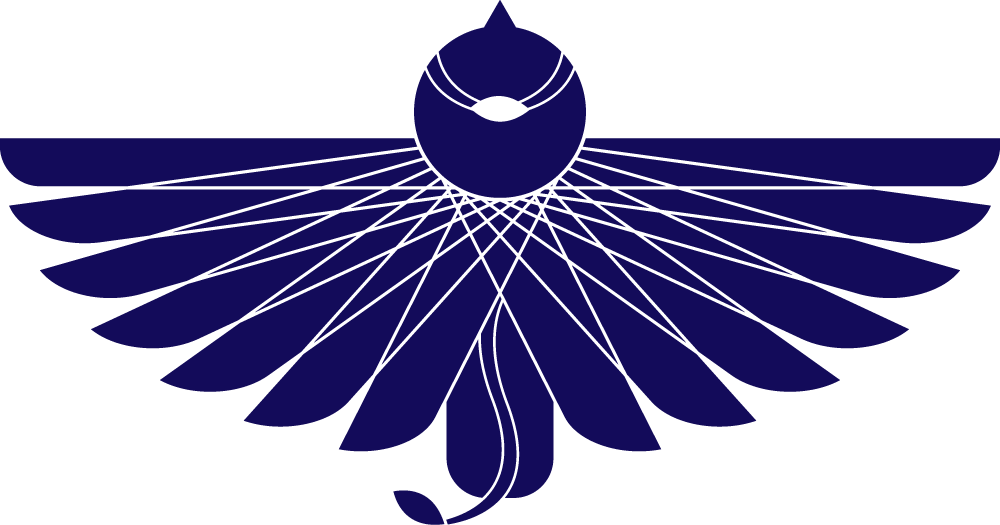How Does Acupuncture Work for Dogs?
*This article was originally published in Bay Woof on April 5, 2024.
When I first met Ed, a 13-year-old Corgi-esque pup, at my East Bay animal acupuncture office, his mom assured me the way to his heart was through…whipped cream, his favorite special treat. Not the everyday kind of treat, but the kind you might reserve for your dog’s first visit to the acupuncturist.
As an animal acupuncturist, I’m often asked “how do you get dogs to sit still for acupuncture??” The answer depends on the dog, and in Ed’s case, includes a nicely chilled can of Reddi-wip.
Benefits of Acupuncture for Dogs
Acupuncture, one of the primary treatments we use in Chinese medicine, involves the insertion of hair-thin needles at strategic points on the body to achieve a healing effect. There are many canine conditions for which acupuncture can be beneficial, including: arthritis, intervertebral disc disease (IVDD), injury recovery, digestive disorders, and side effects of cancer treatment, to name a few.
In Chinese medicine, we describe disease as resulting from imbalanced energy, or “qi,” in the body. Acupuncture works by balancing the body’s energy, supporting circulation, and assisting the body’s healing process. In Western veterinary terms, acupuncture stimulates nerves, muscles, and connective tissue; increases blood circulation and relieves muscle spasms; stimulates the release of neurotransmitters such as endorphins that aid in pain control; stimulates the production of cortisol, which helps control inflammation; and modulates pain pathways in the nervous system.
What to Expect at Your Dog’s First Acupuncture Appointment
There are many different ways a treatment can look, but here are a few general guidelines. First, your animal acupuncturist is going to ask plenty of questions about your dog and their history. In Chinese medicine, because we always take a whole-body approach to healing, we ‘ll want to know about things like their digestion and their temperament, even if we’re focusing on arthritic elbows–because your animal’s overall constitution will be relevant to our treatment strategy. This is one of the hallmarks of a holistic, Chinese medicine approach.
The room set-up will focus on ensuring comfort for you and your dog. At Marina Village Veterinary, where I treat dogs, cats, and rabbits, I have a cushioned mat down on the ground, a comfy padded bench, pillows, and relaxing music playing in the background. You might sit down on the ground with your pup, or even hold a smaller dog on your lap, depending on what’s comfortable for everyone. When Ed comes for his regular appointments, which have supported his recovery after IVDD-related spinal surgery, he snuggles down on the floor mat with his mom, dad, and me (and his beloved licky mat).
The length and style of treatments can also vary. I typically begin a treatment with bodywork to help a dog relax and prepare for the acupuncture needles. Some dogs naturally relax in this setting; for others, I might provide something distracting for them to focus on–like peanut butter or other special treats appropriate for their individual diet. Depending on your dog, you might be asked to help keep their head end occupied! Ed remains very happy while his needles go in, as his mom judiciously dispenses squirts from the whipped cream can.
Your dog’s acupuncturist will work with the position your animal is comfortable in, often encouraging them to lie down and relax and treating points that are accessible based on their position.
In dogs as well as humans, there are powerful points along the back–which, when considered from an anatomical perspective, makes sense, since that’s where the nerves come in and out of our spinal cords, relaying information to and from the brain to the rest of the body. So regardless of where the pain or issue is, we will also often needle points along your dog’s back.
The number of needles used will vary–anywhere from a few to a dozen. Depending on your dog’s case, we might let them rest with their needles anywhere from 10-30 minutes. And if they move around a little–that’s ok!
How Long Does it Take for Acupuncture to Work on Dogs?
Before you leave your appointment, your dog will get a treatment plan. Acupuncture is medicine–not a magic wand--and in most cases, their condition isn’t going to resolve after one treatment. The benefit of acupuncture is cumulative, and treatment plans for chronic conditions are usually going to be about 6-8 acupuncture sessions. That means once a week treatment for 6-8 weeks, to show real improvement, especially for more long term conditions that have been developing over a period of months or even years.
How Will My Dog Feel after Acupuncture?
At one of his recent appointments, Ed’s parents reported that he’d been feeling so good the previous week, he decided to chase after the mailman–but because Ed’s such a sweet old guy, he had no idea what to do once he caught up with him. I wouldn’t go so far as to tell the mailman to blame it on the acupuncturist–but I sure am glad to know that, with a little help from Chinese medicine, Ed is joyfully bounding through his neighborhood once again.
Read more about how Chinese medicine can benefit your companion animals, and contact Marina Village Veterinary in Alameda to schedule your acupuncture appointment for your dog (cats and rabbits also welcome!).
Dr. Lisa Franzetta is a licensed acupuncturist in Oakland, California and a Fellow of the American Board of Animal Acupuncture. She provides acupuncture for dogs and cats in the East Bay at Marina Village Veterinary, an integrative veterinary clinic in Alameda.


